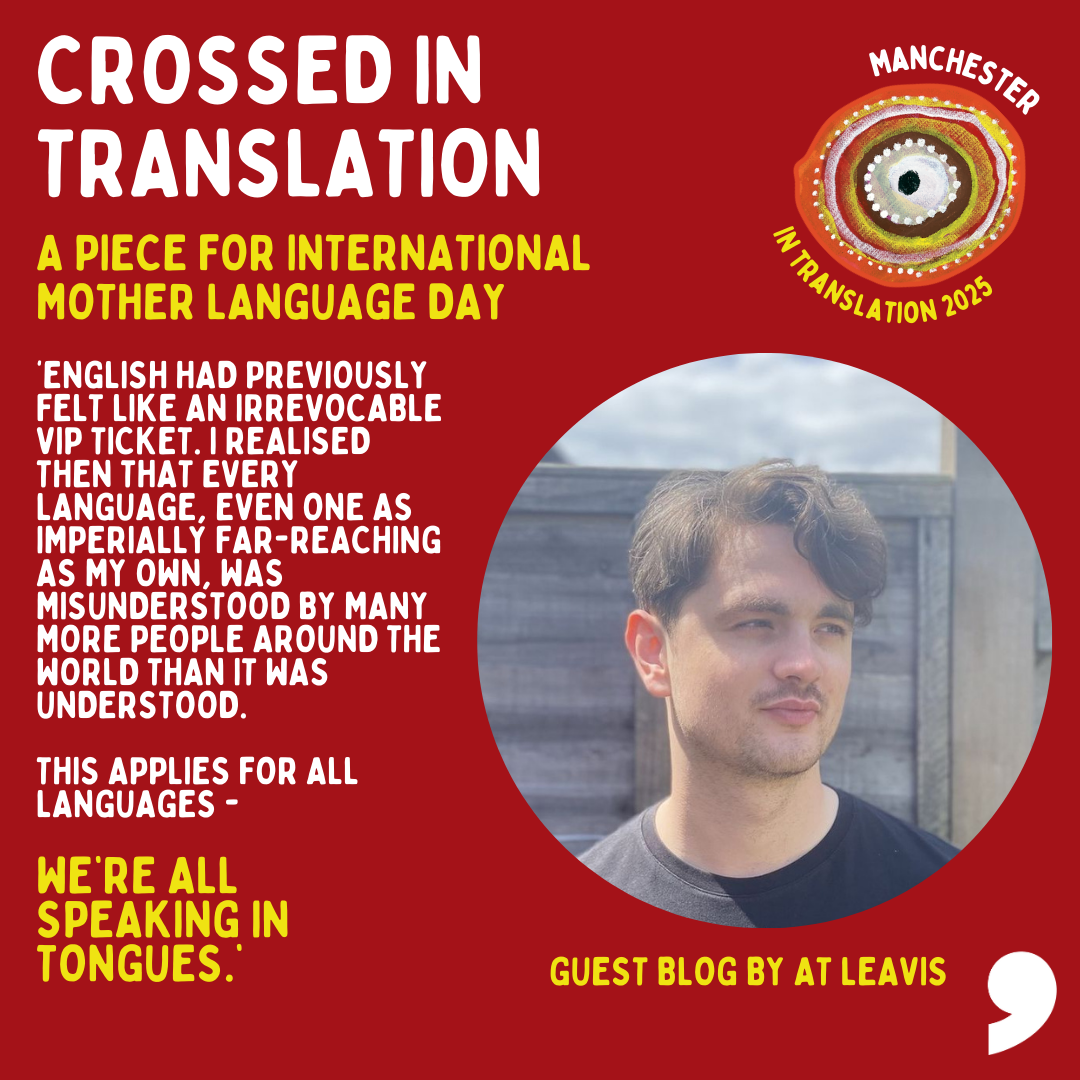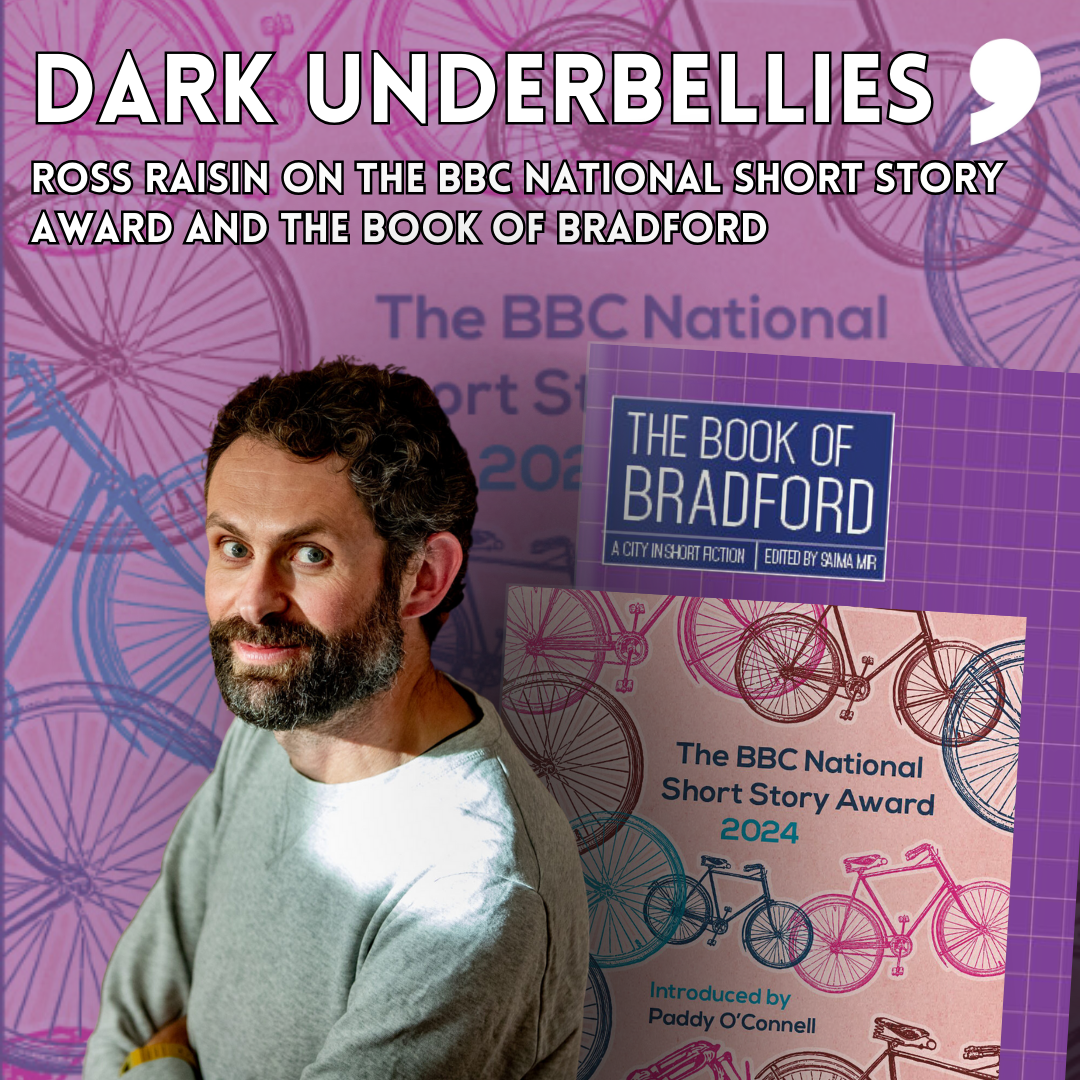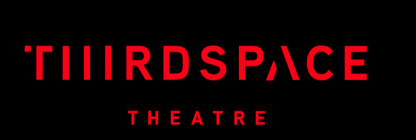
Comma Short Story Course: Q + A with Gaynor Jones
To celebrate the launch of our Horror Short Story Course starting on the 14th June with Andy Murray we will be sitting down with past participants to see how they got on and what they have been up to since.
In this blog post we talk to award-winning Northern writer Gaynor Jones. Jones is the recipient of the 2020 Northern Writer’s Award from New Writing North for her short story collection, Girls Who Get Taken. Two of the stories which made it into the final collection were completed during her time on the Comma Short Story Course. Read more about her experience below!
If you are interested in any of our current or forthcoming courses – available to view on our website here – then please email course coordinator Nia at nia.thomas@commapress.co.uk.
Q: You joined our Short Story Writing Course in 2020 lockdown with Andy Murray, could you tell us a bit about your experience up until that point and what prompted you to sign up?
I won a Northern Writers Award early in 2020 and I was working on my short story collection with my mentor. I knew deep down that some of the pieces I had weren’t working and I needed more material, but it can be hard to come up with fresh ideas when you’re already so deep into a project. I saw the tweet about the horror course, and I’ve been a horror fan (film and fiction) all my life, so I thought, yes, sign me up. I figured even if I came up with one good story idea it would be worth it, and as it happened, two of the stories from the course made it into the final version of my collection.
Q: Our courses are specifically designed to help writers craft short stories. What kind of specific demands or creative opportunities do you think this art form offers for horror writers in particular?
Where some readers want satisfaction and everything explained at the end, I’ve always preferred to be discombobulated by what I read, and I think horror short fiction in particular does that well. This is the beauty of writing short fiction, for me, the ability to make someone feel something – scared, uneasy, confused, unsettled – and then they turn the page and the whole process starts all over again.
Writing short fiction before I ever attempted to write a novel taught me about being precise, leaving just enough off the page, allowing readers to fill in gaps themselves.
Q: In what ways did the course influence your writing career?
The most exciting thing is that I was signed by a lovely literary agent in March 2021 on the basis of my short story collection, Girls Who Get Taken & Other Stories. Two of the stories in there came directly from work I completed on the horror short story course – Hell is about a school run which takes a very dark turn and which seems to have resonated with parents of school-aged children who’ve read it, and The Hand That Feeds is a satirical horror piece about the things rich people are allowed to get away with.
And in fact, the title story of the collection – which is also on the sinister side – came from the Comma Press short story course I took with Lara Williams in 2018 so it’s a very Comma-influenced book!
Writing short fiction before I ever attempted to write a novel taught me about being precise, leaving just enough off the page, allowing readers to fill in gaps themselves.
Q: That’s great news, congratulation! Can I ask what you are working on at the moment?
I’m currently writing a novel about young girls behaving strangely in a conservative coastal town and I’m hoping to go out on sub with both books later this year, or early next year, so watch this space. I’ve also had a longer short story, May We Know Them, published in Of Myths and Mothers, a Fly on the Wall Press anthology which has been amazing because I’ve been able to go into a physical bookshop and see a book of mine on the shelf for the first time. I may have screamed.

Q: In all of our Short Story Courses we invite our tutors to devise a reading list and pick at least one reading each session to analyse in class. If you were in charge, which short stories would be on your list and why?
Well, I really loved the stories that Andy chose on my course and I will be forever grateful to him for introducing me to Robert Shearman’s work in particular. His The Big Boys Box Of Tricks is everything a great short story should be; absurd, unsettling, poignant, and unapologetically unexplainable.
For a classic – Where are You Going, Where Have You Been? by Joyce Carol Oates. The creepiness still holds up and Arnold Friend is a great horror character to interrogate – is he a demon? Or just a truly scary man? I still haven’t decided.
My favourite older weird story – In the Hills, The Cities by Clive Barker because it does that wonderful thing horror is so good at – starting off with everything being fine and then before you know it, well, I don’t want to spoil it … it has the most truly unexpected ending and I’ve loved it for years.
A recent favourite horror story – Where Are You, Dear Heart? by Mariana Enriquez which is about heartbeat fetishists and how far people will go for desire.
I’ve been able to go into a physical bookshop and see a book of mine on the shelf for the first time. I may have screamed.
Q. How did studying Horror Fiction with Andy inform your writing practice?
Doing this course, in particular, helped me home in on aspects of my craft where I was lacking – notably pacing and tension. Because I mostly write flash fiction, my stories would often be along the lines of ‘something shocking happens’ and then not much else.
Studying horror fiction helped me to see where to hold back, where to move forward, where to raise the stakes, and how to build and layer. We thought a lot about provoking an emotional reaction; if you read a horror story, you want to be scared, so we thought about what fear meant to us and how we could then extrapolate that into something that would resonate with our readers.
Studying horror fiction helped me to see where to hold back, where to move forward, where to raise the stakes, and how to build and layer.
And finally, what are you reading as the momentAnd finally, can you share some parting advice for anyone thinking of signing up for one of our Short Story Writing Courses?
I have loved both Comma Press courses I’ve taken. They’re run by a great team and are so useful for your craft. It is also a nice way to spend time, to sit and dissect pieces under the guidance of someone experienced, to bounce ideas off the other participants and then go and have a try yourself. I know I wouldn’t be where I am today in my writing career if I hadn’t taken these courses.
Gaynor Jones is the recipient of a 2020 Northern Writer’s Award from New Writing North for her short story collection, GIRLS WHO GET TAKEN.
She has won first prize in several short fiction competitions, including the Bath Flash Fiction Prize and the Mairtín Crawford Short Story Award, and has placed or been listed in others including the Bridport Prize and Aesthetica.
She has performed her work at many spoken word nights in the north, and as a guest of For Books’ Sake at the 2019 Edinburgh Fringe. She loves stories that feature wayward teens, middle-aged women who’ve had enough, and the darker sides of suburban life.
If you are interested in any of our current or forthcoming courses – available to view on our website here – then please email course coordinator Nia at nia.thomas@commapress.co.uk.


